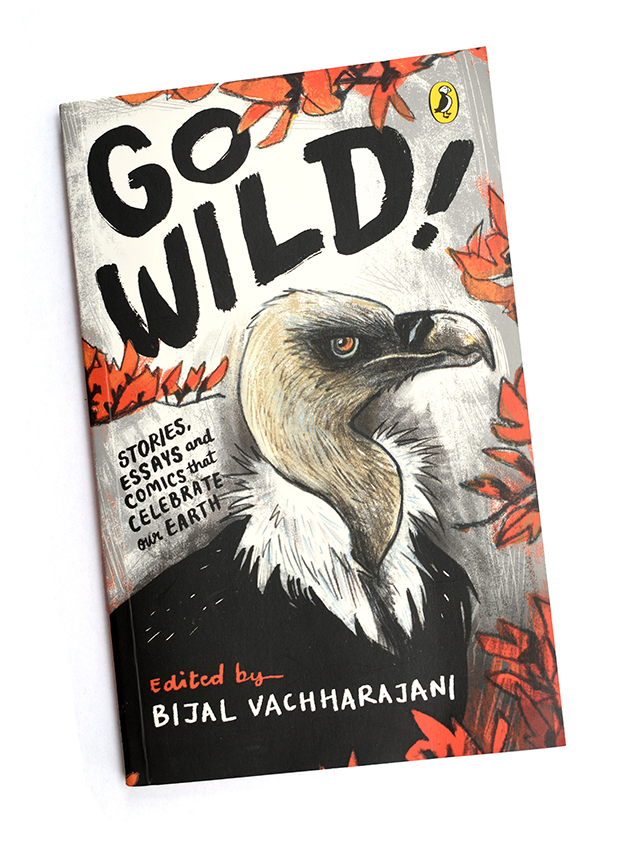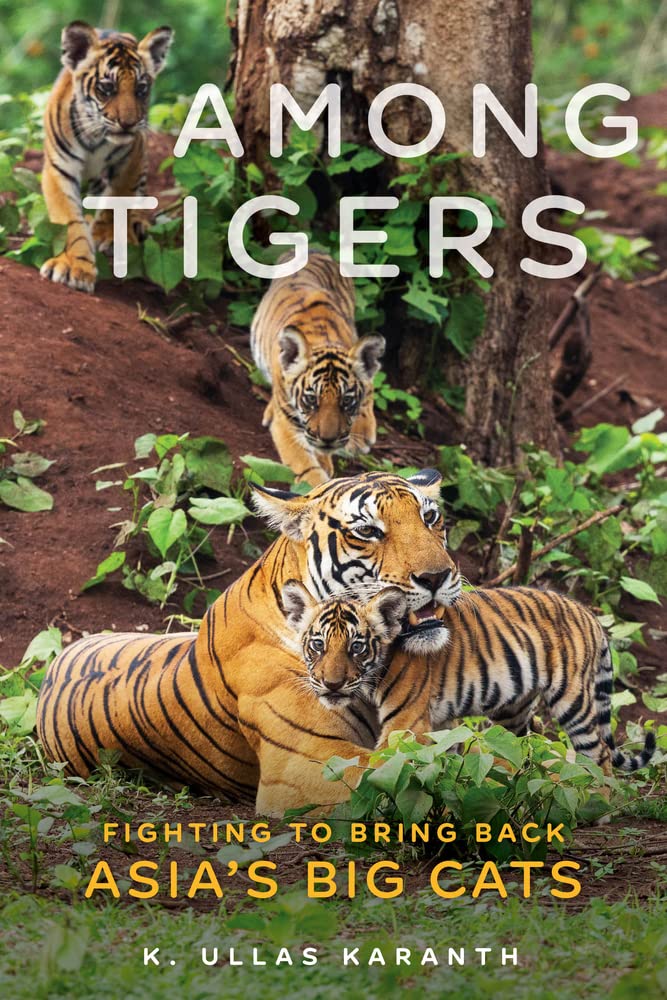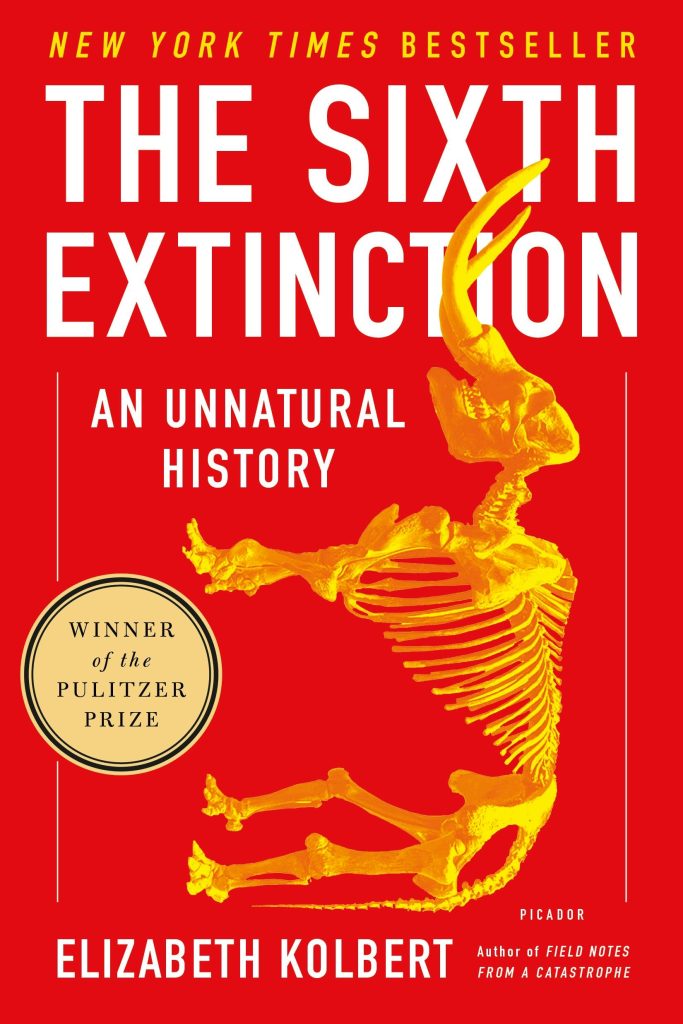
Bernd Heinrich
ISBN-978-0060742164
Harper Perennial, Reprint edition
June 24, 2008
Even before I finished reading The Snoring Bird, I had another book of his lined up. Such is Bernd Heinrich’s mastery of words in a language he adopted while being adopted by a country that promised freedom in many ways. I have not read a memoir as beautifully evocative as this one, fast-paced yet detailed, one that seamlessly intertwines a family’s intrepid journey through the brutalities of war by escaping into the vast curiosities of nature.
The idea for the book grew out of Heinrich’s wish to tell the stories of his family to his children, but the resources for it lay out of sight, “covered in chicken shit”. You can see the author in the old Maine house’s dusty barn loft, rediscovering a letter he had sent to his father about making the cross-country team at college—an impossible dream at the time. In that same cobweb-covered pile, you can see Heinrich’s eyes brighten and soften as he reads the fond correspondence that his father regularly shared with his own mentor and lifelong friend, the late Professor Erwin Stresemann, filled with rich details of his latest expedition to distant Dobruja, or even one of his father’s ‘love letters’ to one of his wives.
The Snoring Bird is a memoir not of one person, but an entire family. The author’s father, Gerd Heinrich’s skill as an ornithologist, and a bird and mammal collector was unparalleled, as was his love for Ichneumon wasps. He relied greatly on his wives, at least one of whom always accompanied him on his many strenuous expeditions, multitasking efficiently as a taxidermist, trapper, cook and assistant. The author does not mince words when he writes about his father’s need to control, his expectancy of obedience and strict adherence to ‘duty’. But he also portrays the honesty and simplicity that defined his father, his quick-thinking and instinctive actions, one of which miraculously saved the author and his mother from being drowned in the Baltic Sea with hordes of other refugees fleeing war-torn Poland. Even though the author and his father were “more apart than together”, this book is testimony to the unintentional influence and impact that a parent has on his child personally, professionally, for the rest of their lives.
The pages are filled with plenty of natural history tidbits, either in a backyard or in untraversed faraway lands, both equally exotic and riveting. Heinrich appreciates his good fortune, albeit belatedly, to be part of the “last classical zoological expedition” in Africa. The tedious work of hunting tiny birds in dense jungles, and skinning and preparing specimens that still exist today in museums across the world severely paled in comparison to the feeling of rejuvenation he experienced, his senses stimulated in new ways as if reborn in a new paradise waiting to be explored.
Placed right in the middle of the narrative is a short and quick telling of their family’s escape to America during the second world war. You almost miss the brevity of this portion because you are busy pursuing the trails of members of the family, temporarily broken up as they leave their cherished Borowke estate in Poland. It is this very human part of the book that had my hands glued to it. Each and every winding step of their journey seems nudged by a stroke of luck. An ominous ‘What if?’ almost every night could have, and probably tormented the author years later when he was old enough to comprehend the gravity of that particularly cruel reality.
Heinrich has managed so well to keep this track of the story just out of focus, as he weaves natural history through the entire book. Or, perhaps by keeping it crisp, he has in a masterstroke of brilliance, given the reader just enough information that they can choose to dwell in the astonishing turn of events for a moment, like I did, or continue to read with a mild sense of disbelief (which the author lightly warns against in the preface).
Heinrich has judiciously sprinkled the text with paragraphs that exude the beauty and thrill of nature, woven with his deeply personal emotions as he lies on his belly and crawls through the jungles of east Africa. Even while he tracks his own life from being his father’s boy overturning rocks to look for wasps, to being a graduate student in California and eventually a professor in Vermont, not to mention the author of several books, you can still see that young excited boy sitting in nature’s lap, filled with limitless curiosity.
The story behind the intriguing title, one as exciting as the rest of the book, I leave for you to discover. Heinrich is a world-class story-teller, and anyone interested in history, war, nature or just a great read should wake up to The Snoring Bird.





